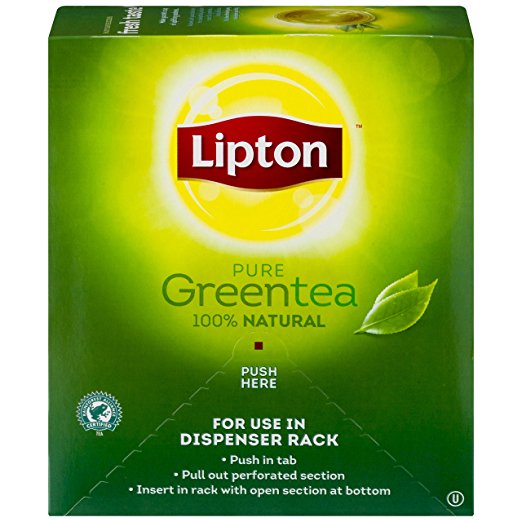Natural Solutions For Anxiety
Anxiety has been around for thousands of years, from the time the first humans feared getting trampled by some huge woolly mammoth. It was Walter B. Cannon, the Harvard researcher who said of anxiousness – “The fight or flight response”.
- Natural Solutions For Anxiety
- What exactly is anxiety?
- You are not suffering alone
- What causes such anxiety?
- Anxiety and your physical health
- Natural emerging therapies
- Some more natural strategies
- DO’s
- Herbs do the trick too:
- Ashwagandha
- Rhodiola rosea
- Valerian root
- Bacopa
- Symptoms that someone is suffering from anxiety
- Get unplugged and live your best life
- Best Anxiety Products
Historically, anxiousness comes across as always having been recognized as a kind of mental disorder. Figuring out how to treat it with success has taken many, many years. And now here we are today and there is probably not one adult in the world who has not suffered from anxiety at some time in their life or some other anxiety-related disorder. And the terrible thing about anxiety, fear, and worry is that if we do not deal with it sufficiently, it can stay with us and become worse over time. It has the power to influence all aspects of our life; our job, our school life, our relationships and our attitude.

What exactly is anxiety?
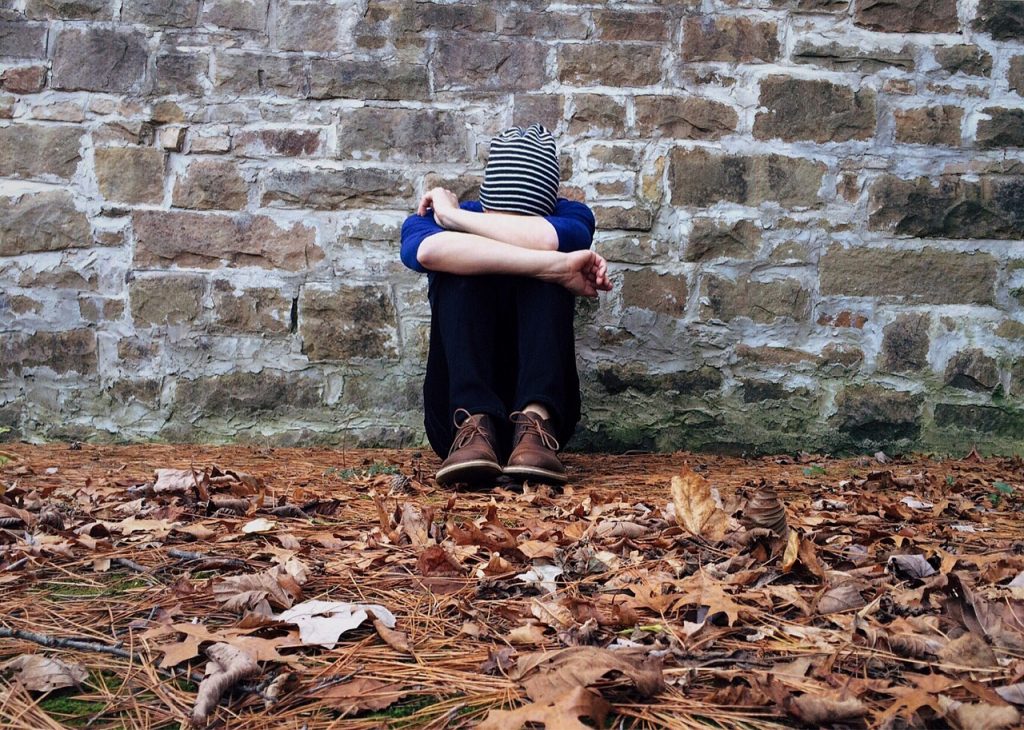
Stress, fear, and anxiety are all normal experiences and feelings that we all go through. That’s perfectly normal. But it becomes a completely different matter when it has become so severe in our life that it is been diagnosed in our life as a disorder. All people differ as well as to what causes them to feel anxious and stressed. There are a few differing anxiety-related disorders and some of the symptoms will overlap. This makes it quite tricky to decide when anxiety is linked to a specific disorder and what diagnosis should be made. Therefore, it should be left to the licensed professionals, such as doctors’, psychologists, or psychiatrists to diagnose and treat. Let’s look at the 3 categories of anxiety-related disorders:
- Anxiety disorders:
These are about general fear and anxiety.
- Obsessive-compulsive and related disorders:
These are about obsessive thoughts that we can’t stop thinking about as they are so intrusive.
- Trauma- and stress-related disorders:
These are stresses from traumatic events in our life such as the death of a loved one, divorce, etc.
Health care professionals all across the world will refer always to their Diagnostic and Statistical Manual of Mental Disorders (DSM). This is a handbook covering the diagnosis of all the mental health disorders. This handbook is very essential because it allows different professionals and researchers to use the same terms and language when they discuss mental health problems.
You are not suffering alone
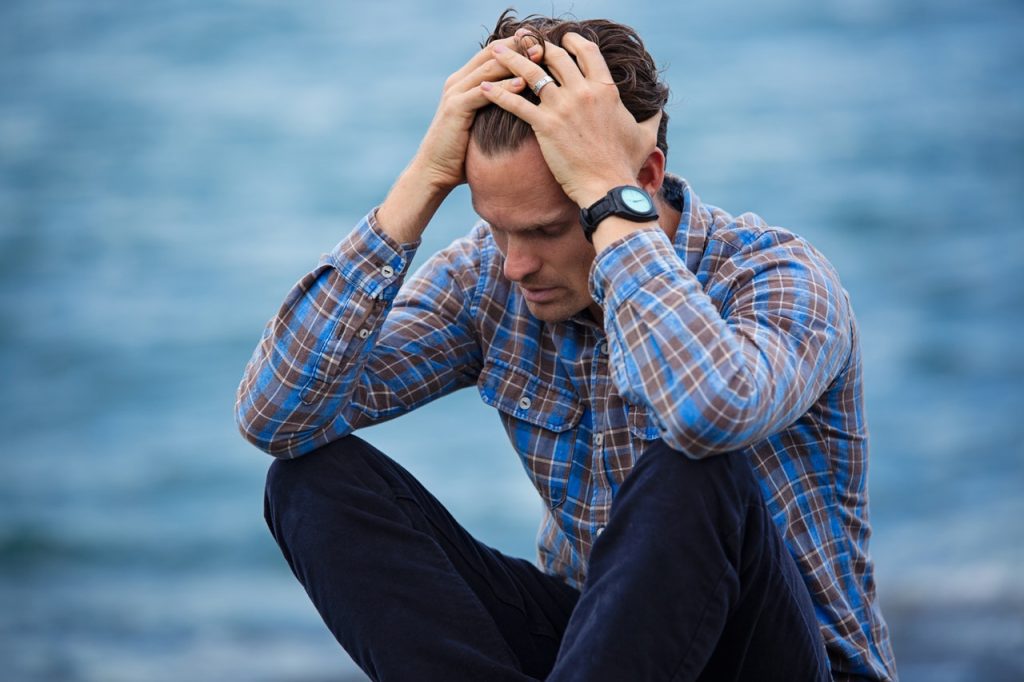
Don’t feel alone, don’t feel that if you are struggling with an anxiety disorder, that you are weak or unique. No, you are not alone. If it makes you feel any ‘better’, just look at these statistics:
- More than 40 million USA adults suffer from anxiety disorders.
- Anxiety disorders rank as the top mental disorder in the USA.
- Women suffer more than men with PTSD.
- Over 40% of USA adults have experience anxiety disorder in their lives but that only one-third of receive treatment.
- Children and teenagers suffer from anxiety disorders too, and many do not receive treatment.
- It costs the USA over $42 Billion towards this disorder.
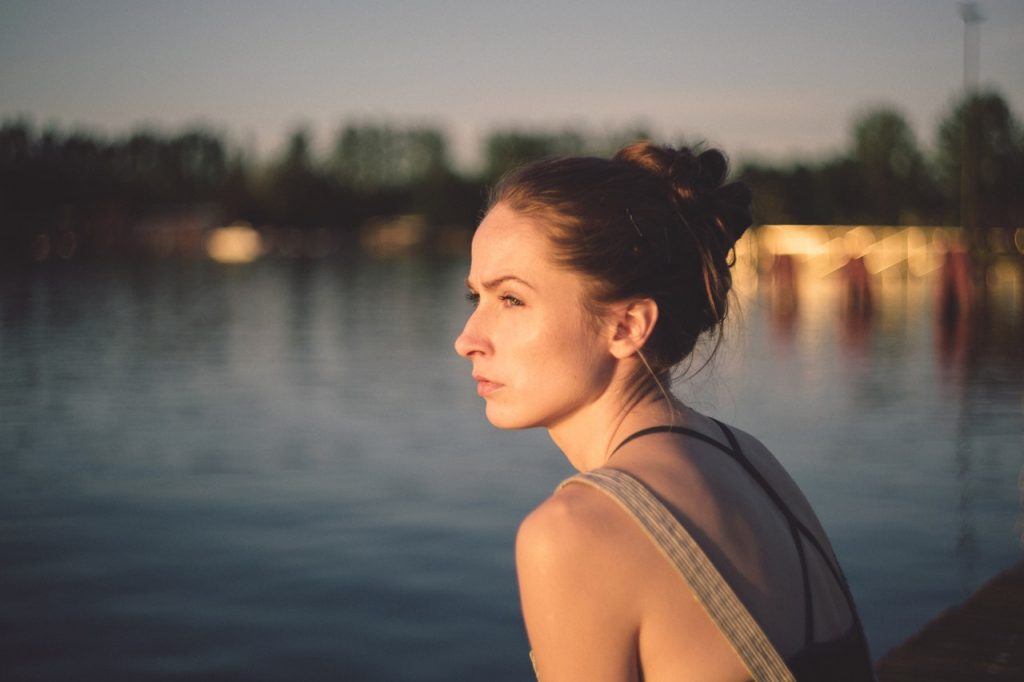
Many of these people feel misunderstood and all alone. And it is often because people who have never experienced anxiety disorder don’t really understand why some people get ‘freaked out’ when caught up in crowds of people, or not being able to wash their hands after meeting new people, or being in a car accident – these are ‘serious’ problems for people with anxiety disorder and the people who don’t understand it will just say “You’ve got nothing really to worry about – just let it go!”. Sometimes comments like this prevent people from seeking help, little knowing how vital it is to talk to a professional about them. Anxiety should be considered a severe physical disease. Some people who have anxiety disorder might even have brain abnormalities after undergoing brain scans, as well as altered brain function. Evidence proves that anxiety disorders can be linked to chemical imbalances in the brain. There are also generalized anxieties and specific anxieties that people experience and suffer from on a daily basis – have you experienced any of these?
- Panic disorder
- Agoraphobia
- Generalized anxiety disorder
- Substance medication-induced anxiety disorder
- Other (Due to other medical conditions)
- Obsessive Compulsive Disorder (OCD)
- Excoriation (a skin-picking disorder)
- Hoarding disorder
- Body dysmorphic disorder (BDD)
- Trichotillomania
- Post-Traumatic Stress Disorder (PTSD)
- Acute stress disorder
- Adjustment disorder
What causes such
anxiety?
Could be genetic
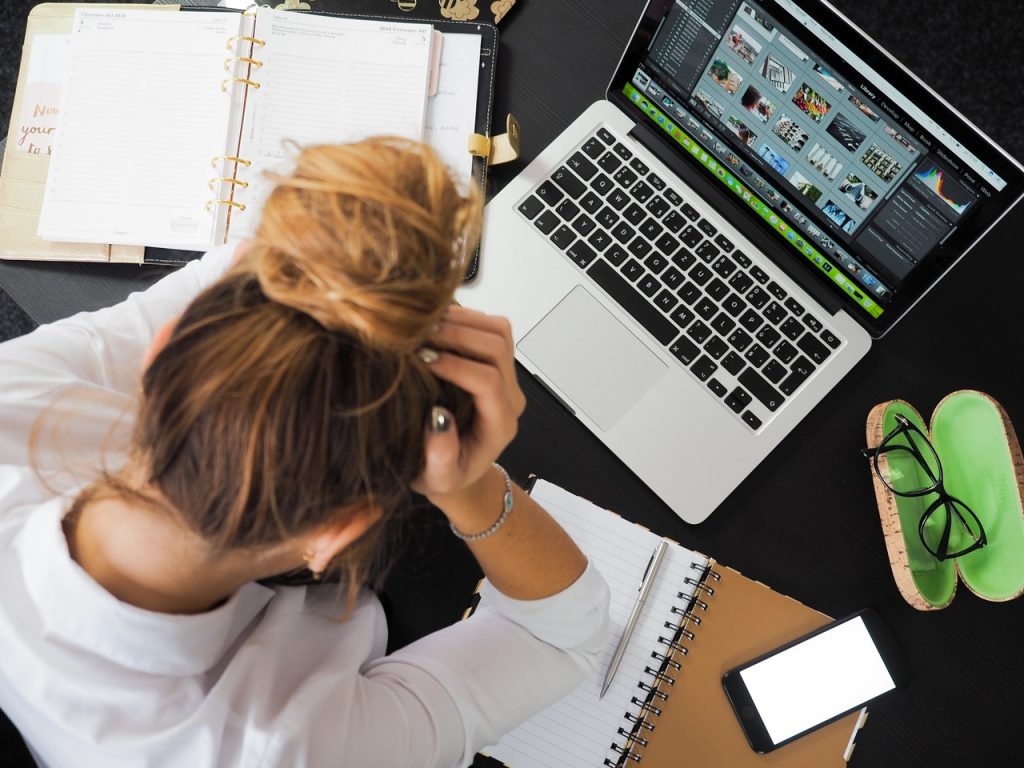
As mentioned above, we have all suffered from anxiety to some degree. Many studies in the past and going into the present have focused on and will carry on focusing on trying to figure out what the factors are that increase the risk for an anxiety disorder. Apparently, there are small variations in genetic codes that do present a heightened risk for anxiety that has been discovered. The most straightforward way would be to say there is a risk for anxiety disorders to show up in someone where there is a history of anxiety disorders in the family. But then given that around 70% of anxiety is not ‘genetic borne’ gives people a lot of hope for treatment. This also means that anxiety disorders are also seen in children from early childhood too – new ideas are being developed to help kids that have brain over-activity and anxiety disorder.
Environmental factors
Environmental factors can also play a role, for instance like parenting factors such as parental rejection of a child or severe control over a child. For a child to live a stressful life can also develop anxiety disorders, such as adversity, physical, sexual or emotional abuse, parental loss – these all increase the risk for anxiety disorder later on in life.
Chronic medical conditions
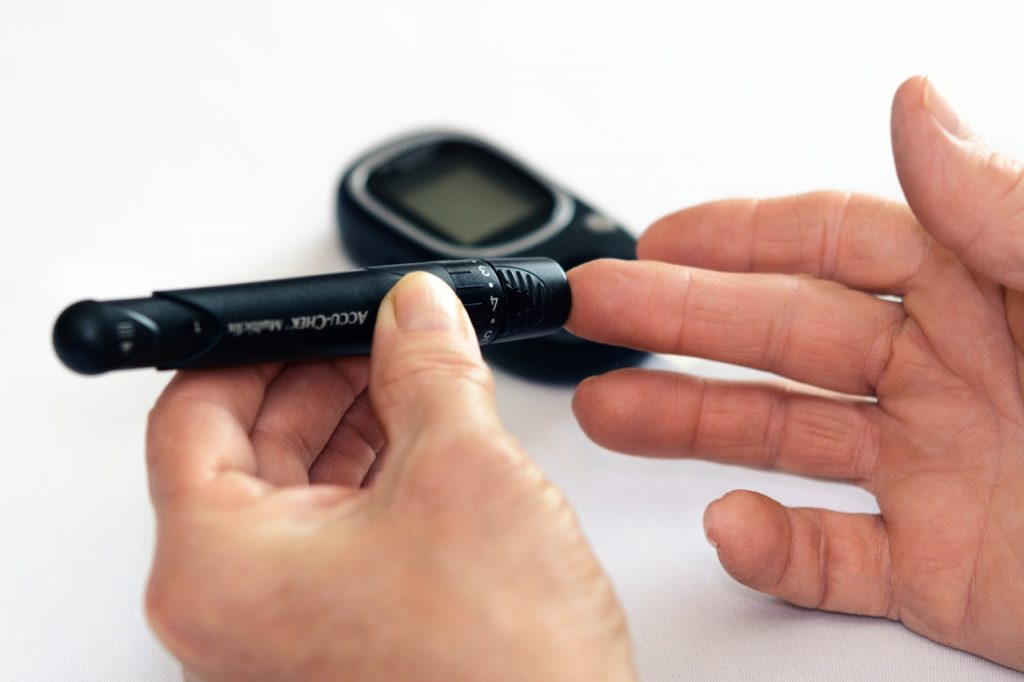
Another cause of anxiety disorder is to experience a chronic medical condition or severe and frequent illnesses; even dealing with significant illness from other members of the family. Some medical conditions are linked to anxiety, such as thyroid disease, heart disease, menopause, and diabetes. Not only can that, but drug abuse and/or withdrawal from certain substances can be characterized by acute anxiety.
Taking certain medications that affect sleep
Anxiety can also be what happens when you take certain medications which would cause you not to sleep well. Sleep disturbances, like difficulty falling asleep or even staying asleep, may also be because you suffer from anxiety disorder.
Behavioral choices
Behavioral choices can also impact significantly on the risk of anxiety disorders, such as excessive alcohol, excessive tobacco, too much caffeine – these can increase your anxiety, whereas regular exercise is known to decrease anxiety.
Sometimes it’s personality traits
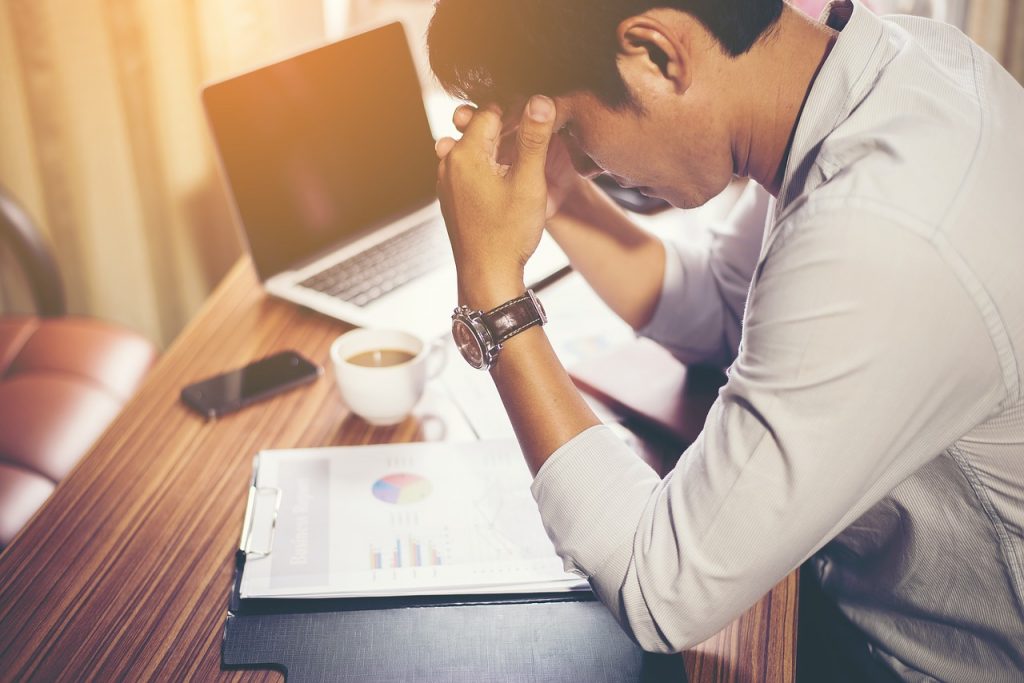
Even certain personality traits and specific temperaments of people might make them more at risk of suffering from anxiety disorder. Sometimes, those who are shy or inhibited suffer more, because they might have held back in school or college and then just passed over. This can cause anxiety later on in their life.
Demographic factors
These can also impact on the risk of anxiety disorders. Social disparities in all parts of the world exist. Whether the socio-economic status of people across the world is about income, education or occupational status, those that belong in the low socio-economic status groups are at greater risk of becoming ill, becoming victims of anxiety-related illnesses, etc.
Anxiety and your physical health
When one is suffering from an anxiousness disorder, the chances of suffering from other medical illnesses are much higher than those who are not. These can be anything from cardiovascular disorders, obesity, diabetes, and heart disease. Abdominal fat, high blood pressure, higher levels of cholesterol, glucose, and triglycerides, these are all linked to anxiety. It is not clear what causes such a link between anxiety and bad physical health but research does indicate that underlying biology characteristic of anxiety, contribute towards diseases emerging. Anxiety brings about changes to the stress hormones and heightens inflammation.
Natural emerging therapies
There are many experimental treatments showing promise today, in the treatment of anxiety, some of these include neuro-stimulation, psychoactive drugs like ecstasy and marijuana. There are also a few experimental treatments that have shown promise in treating the symptoms of anxiety. Let’s look briefly at what they are:
- Neuro-stimulation
Anxiety is associated when there are abnormal patterns of the brain so one way to treat this is to target that abnormal cell activity – to directly target abnormal nerve cell activity. A neuromodulator is non-invasive and painless, stimulating the human brain.
- Acupuncture
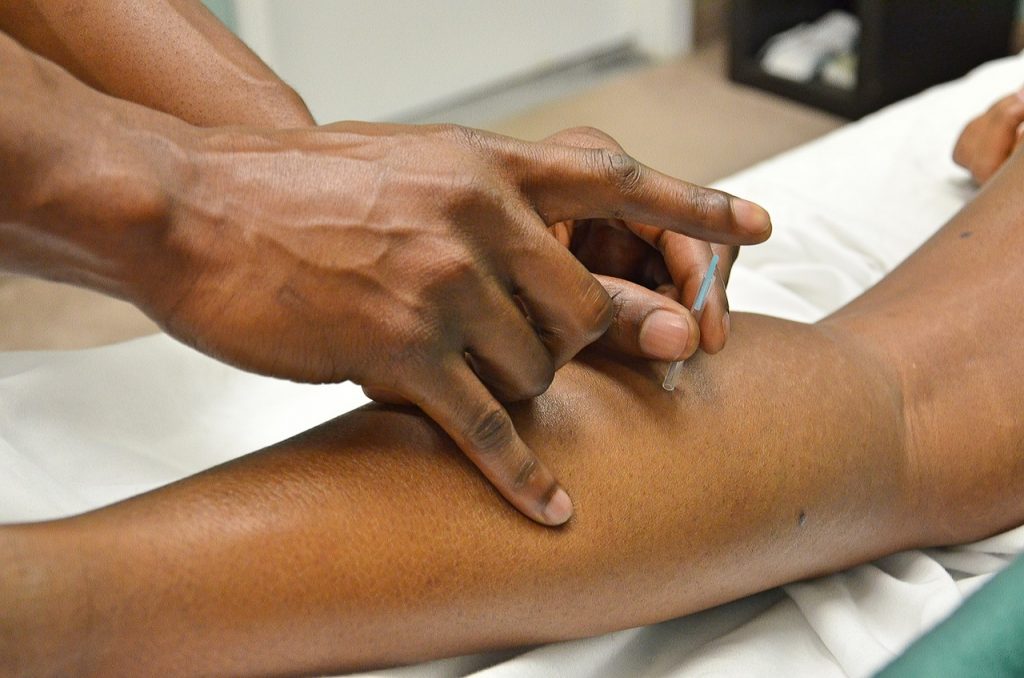
Acupuncture is still used much today, coming from traditional Chinese medicine. Thin needles are inserted into the targeted areas. Even though there is still not a lot of evidence to prove that acupuncture can treat anxiety, many people testify how helpful acupuncture is for many other treatments in any case. Even though more research is need on understanding how acupuncture works for anxiety, panic attacks, and phobias, it has proved over time to be a viable and safe option for people to investigate. If you are someone with anxiety, and you haven’t been successful with other methods of treatment, or you just fancy the idea of trying out something different, acupuncture is a great option and it doesn’t make your symptoms worse, for sure.
- Psychoactive drugs
There is a lot of interest in the use of psychoactive drugs like marijuana and ecstasy, a lot, even though they are so controversial, given that they have the effects of making people feel “high”. Certain forms of cannabis have certainly demonstrated positive effects when anxiety is concerned.
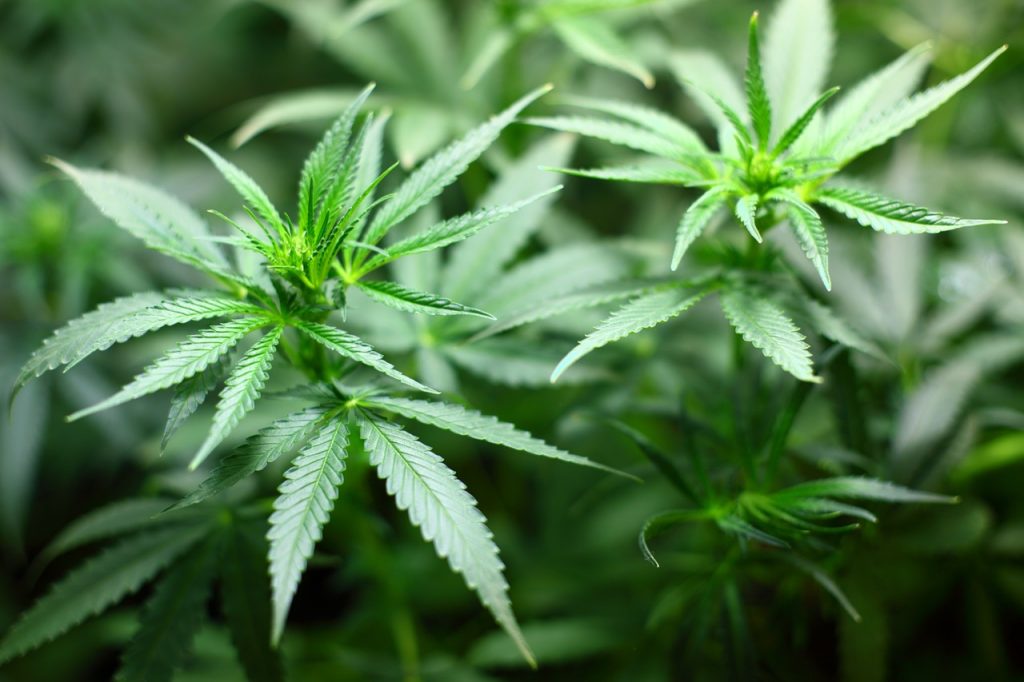
Some more natural strategies
- Relaxation strategies, like learning to breathe deeply have good effects on high blood pressure, reducing anxiety and tension and a slow heart rate. You allow your body to switch from the anxious state to a more relaxed calm state.
- Guided imagery is also a good relaxation strategy. Sit back in a chair and create mental images of lovely peaceful places, gardens, beaches, allowing your mind to focus on positive thoughts and sensations.
- That alsomeans going into nature, feeling free and loving the sun on your back, the wind in your hair and appreciating the wide open spaces, appreciating the rich aromas that nature offers – a tonic for the soul.
- Things like mindfulness, meditation, and yoga are known to be of help. Being mindful is being aware, with no judgments, its being in the moment. Concentrating on things that give you joy.
- Exercise is very important too, you need to incorporate it into your daily activities. Exercise is known for decreasing the stress hormones and overall mood. It helps you to focus on the moment and disengage from stress and worry.
- A healthy diet is tops and there are some do’s and don’ts that will help a lot:
DO’s
- Take Omega-3 fatty acids – helps to make your brain happy.
- Probiotics play a huge role in the mood as it helps a good digestive system.
- Drinking plenty of water – to keep everything flowing smoothly.
- Take antioxidants because they protect the brain against oxidative stress.
- Drink herbal teas for anxiety: chamomile, passion flower, peppermint.
- A vitamin B complex bumps up the good feelings.
- Green tea contains L-theanine, to provide calming effects for anxiety and stress.
- Magnesium will help you not to feel so over-stressed – calming.
- Get enough sleep.
- Some excellent essential oils that help with anxiety are Bergamot, Lavender, Clary sage, or Rose.
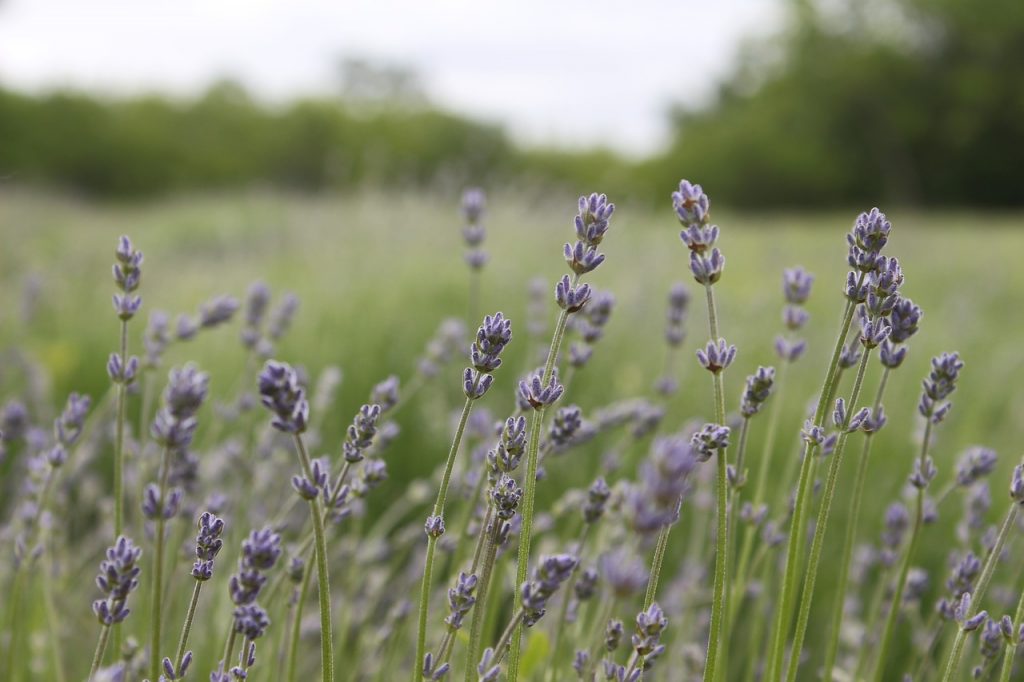
Herbs do the trick
too:
These 4 herbal supplements are nature’s stress remedies. Sure, stress is more common today but still, it has affected people thousands of years ago as well. Living in ancient times, people would use herbal therapies. Today, traditional Chinese medicines and Ayurveda are great for managing stress.
Ashwagandha
A wonderful herbal plant with beneficial properties from the seeds and root to help reduce stress. It really is a superstar when it comes to anxiety. A study done in 2017 revealed that Ashwagandha was able to reduce stress by as much as 55% compared to the placebo which reduced stress by 5.5%.
Rhodiola
rosea
Apart from helping with stress and anxiety, this herb is packed with ingredients that make it a herb for many health benefits. In fact, chess players, Olympic athletes and Chinese emperors and other political leaders have been noted to use it for the simple fact that it optimizes the body and mind. And being adaptogenic, it helps you cope with stress, be it emotional, physical, or environmental. It’s been known to be of great help when comes to burnout which occurs usually in people under extreme stress.
Valerian root
A perennial plant, valerian is native to Europe. Valerian is one of the top herbs; everybody knows Valerian for the reduction of stress. And it helps with sleep issues too.
Bacopa
This wonderful plant is also known as Brahmi. It’s used for a lot of mind related health concerns and that even includes Alzheimer’s disease. It is excellent for memory loss, for anxiety, ADHD, epilepsy and a general tonic to help in fighting stress. People also use it for joint pain and backache.
Symptoms that someone is suffering from anxiety
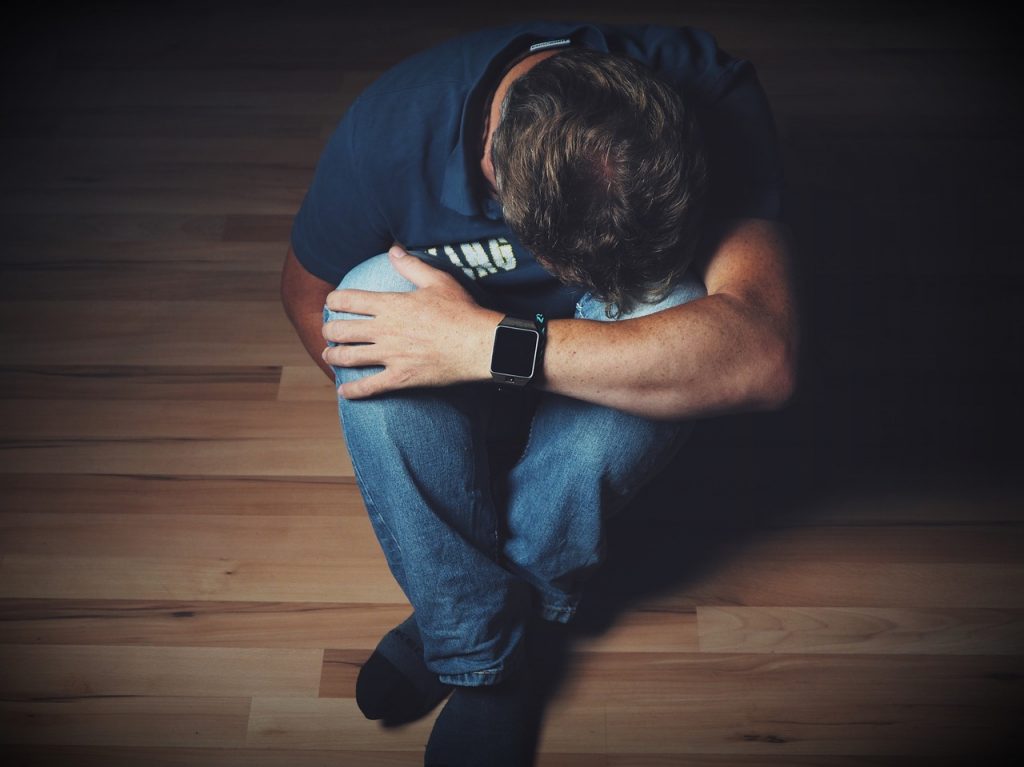
- A person shows anxiety or worries about things that will happen in the future like social events, work demands, being separated from their “safe” people or places.
- The person experiences feelings of anxiety which are accompanied by reactions like heart racing, sweaty palms, heavy breathing.
- They can’t sleep properly because they are anxious and worried.
- They can’t concentrate properly.
- General signs of neglect in their appearance, like weight gain or loss, neglect of personal hygiene, a decline in their work responsibilities, huge changes in their mood, withdrawal from relationships and activities.
Remember, anxiety is a normal reaction to situations that are stressful. Disorders become present when the symptoms go on for a few weeks to months, interfering with day to day function.
Get unplugged and live your best life
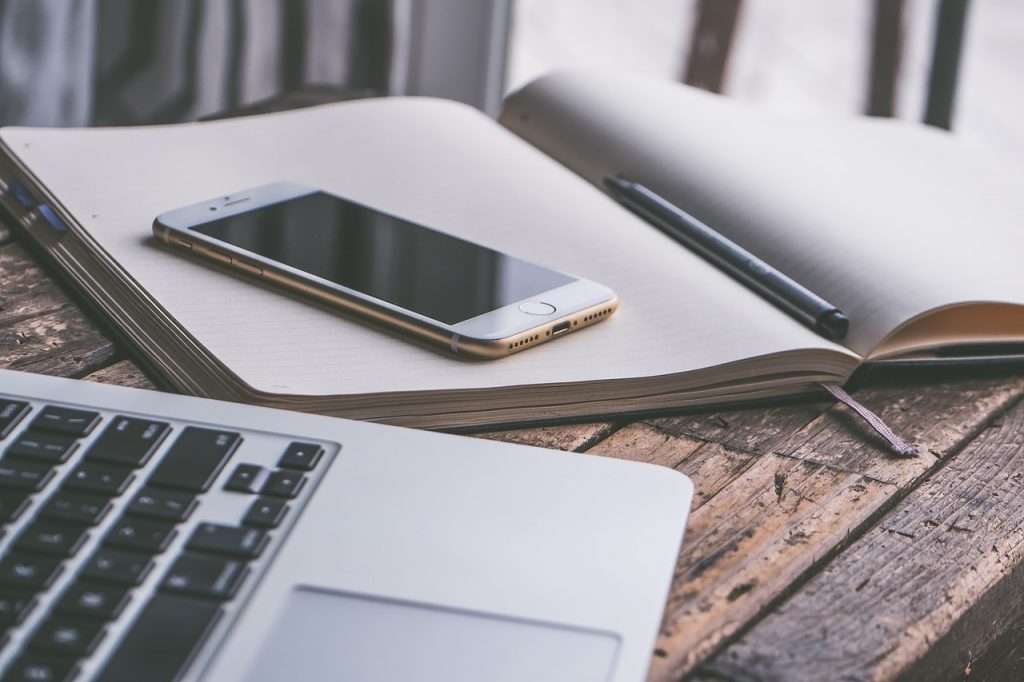
No matter whether it is work or personal relationships that are leaving you stressed out, it is not a bad idea to consider unplugging for a while. Take a break, around a 48-hour break from social media and from electronics, turning your cell off and out of sight. These can definitely bring some relief.
Many people realize and understand that stress will come their way at some time in their life. And many want to be prepared, so they take medications, they drink herbal teas and do their exercises. It is important to supplement your diet with natural solutions. There are amazing herbs and excellent vitamins, scientifically proven to reduce anxiety and boost your energy.
Thing is, things aren’t going to really get much better in the ‘stress and anxiety’ domain either, according to the World Health Organization (WHO) which estimates that over 450 million people globally, are affected directly by mental disabilities and disorders. They reckon that by 2030 depression is going to rank at the top of the list when it comes to health-related matters and the number one financial burden in the world. That is stressful news to hear.
Get back to nature, get back to eating healthily like the great forefathers did, non-processed foods, no sugar – get back to tranquility. It looks today that our love affair with all the state of the art gadgets, the gizmos and comforts of needing to keep on the cutting edge of life, are putting us on a never-ending treadmill of being overworked, under-sleeping and hyper-stressed. So what are the therapeutic type lifestyle changes about – what is this ‘caveman therapy’ type of lifestyle that is so natural that appears to truly DE-stress and DE-anxious our lives? There are 6 things to do:
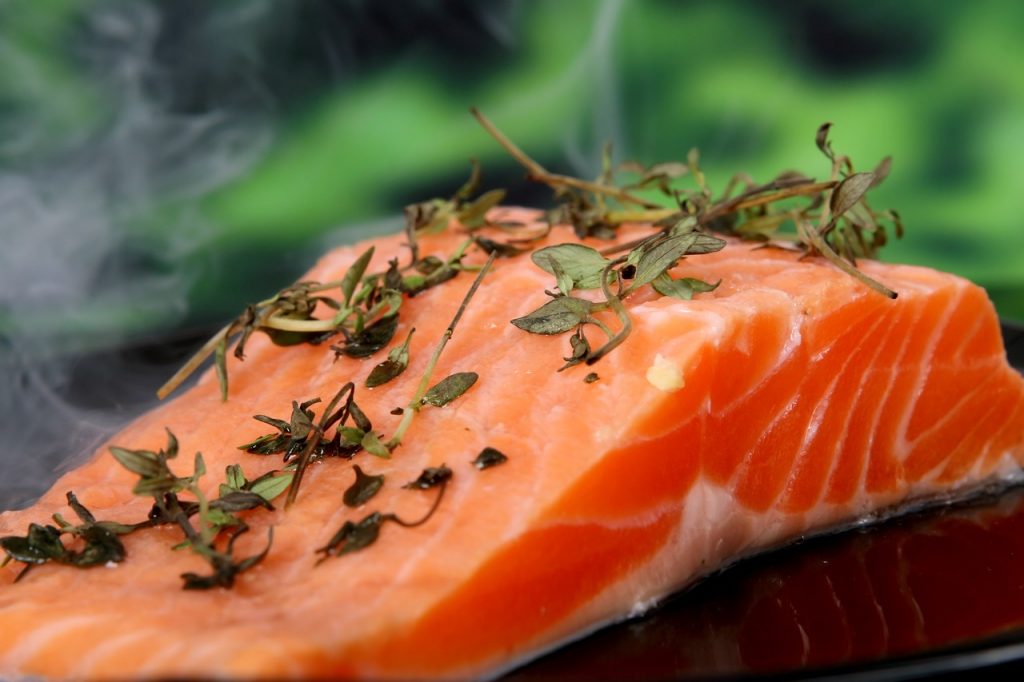
- Eat an omega-3 rich diet.
- Get plenty of daily exercises and plenty of fresh outside life, out in nature, in natural sunlight, giving yourself plenty of natural sleep every night. A vitamin D supplement is excellent too.
- Involve yourself in some type of social activity where healthy social connections are made, participating in meaningful and contributing tasks that leave no time for negative thoughts.
- Take a multivitamin to bolster the effects of the omega-3 supplement.
- Take vitamin C because it protects your omega-3 dosage from damage from free radicals.
- Evening Primrose oil is good because it provides your brain with GLA which can get depleted with high dosages of omega 3.
If you are feeling down, anxious, depressed, there IS a solution. Even the ancient ‘greats’ suffered from anxiety. Look at Lincoln and Einstein. Look at King David who wrote in the Bible, “Why so cast down my soul?” God was His deliverer, who made nature. And Nature has many, many answers! Make some lifestyle changes and you will be surprised and amazed at how different you will feel, let alone how different you will see the world!










